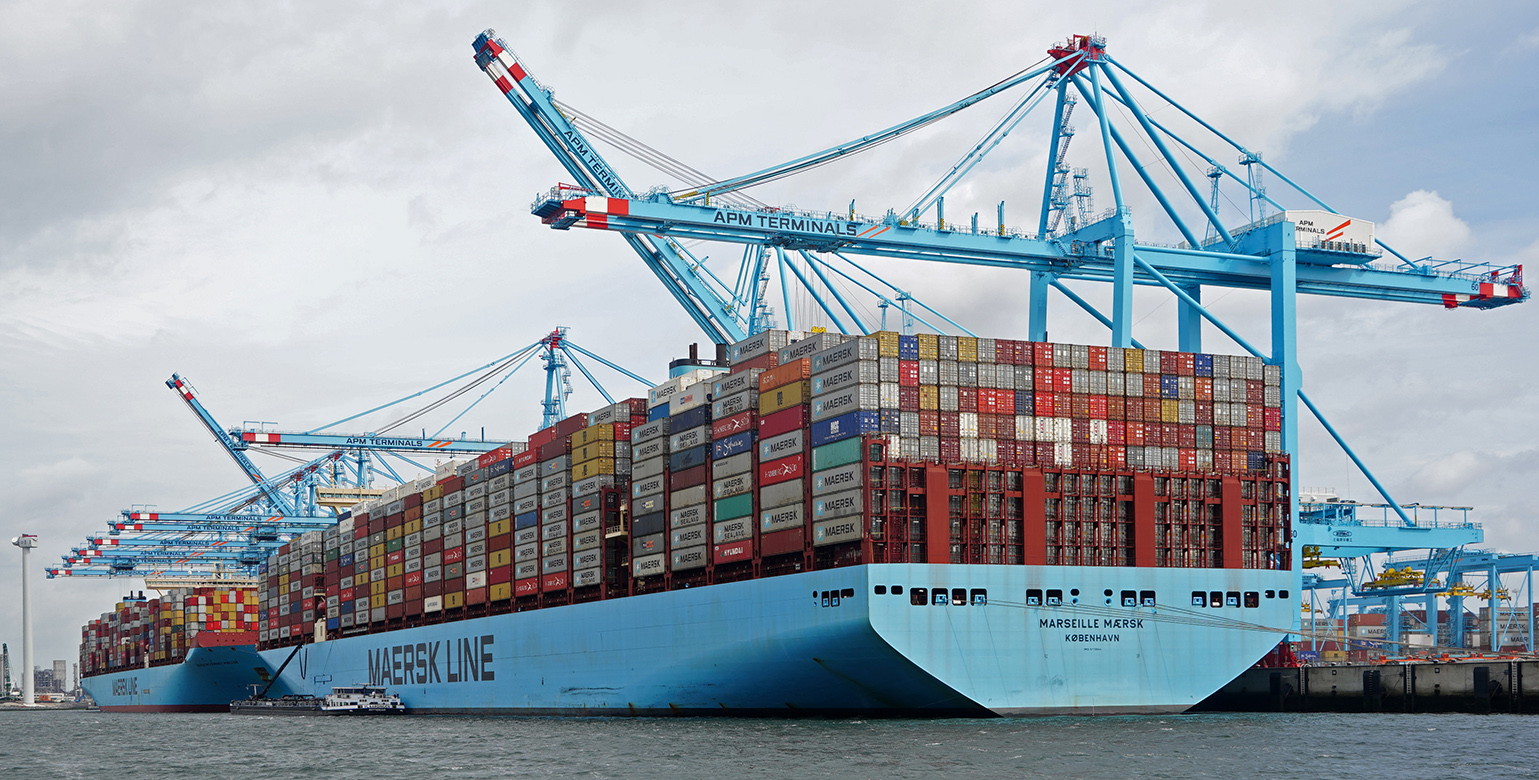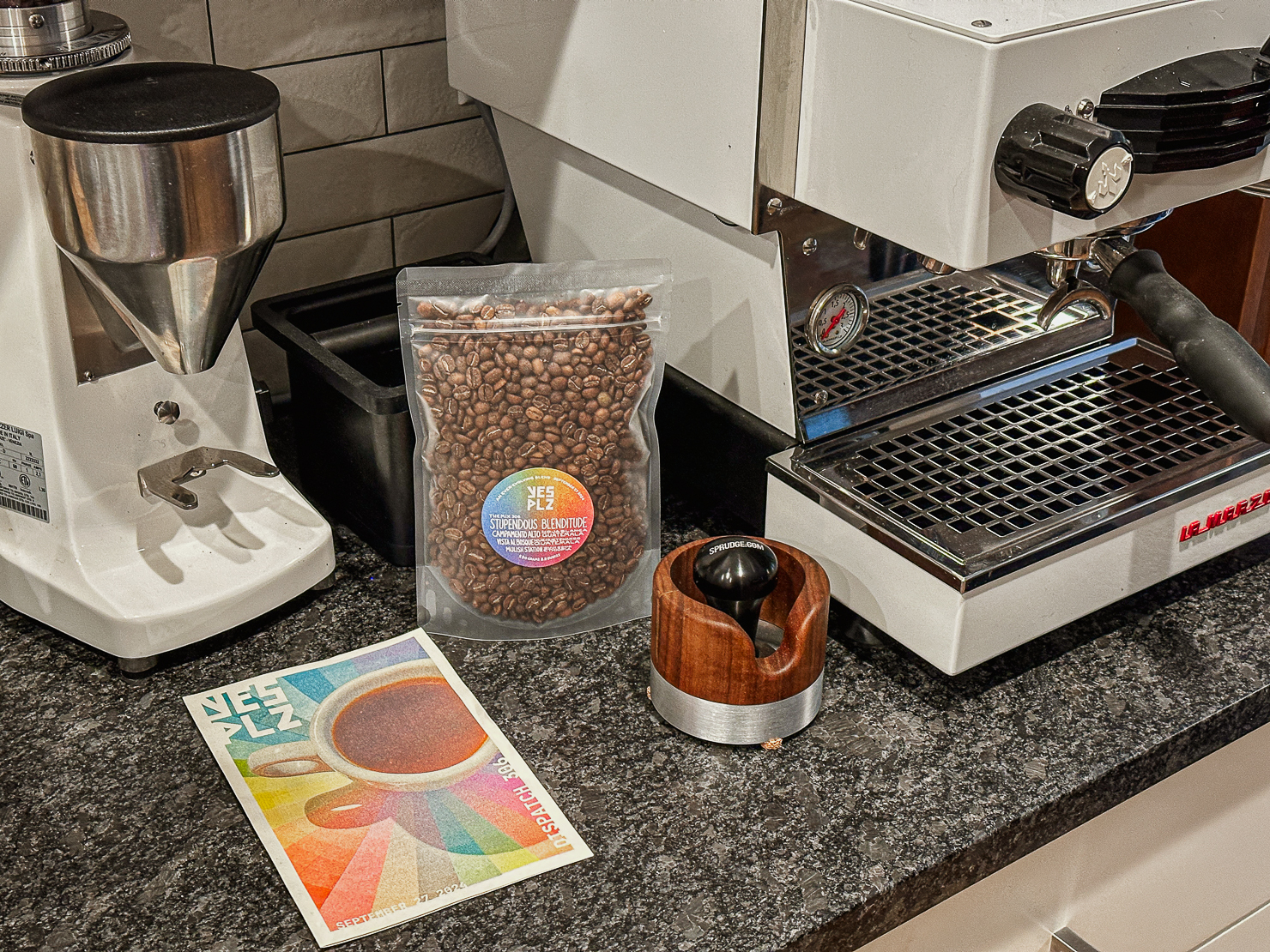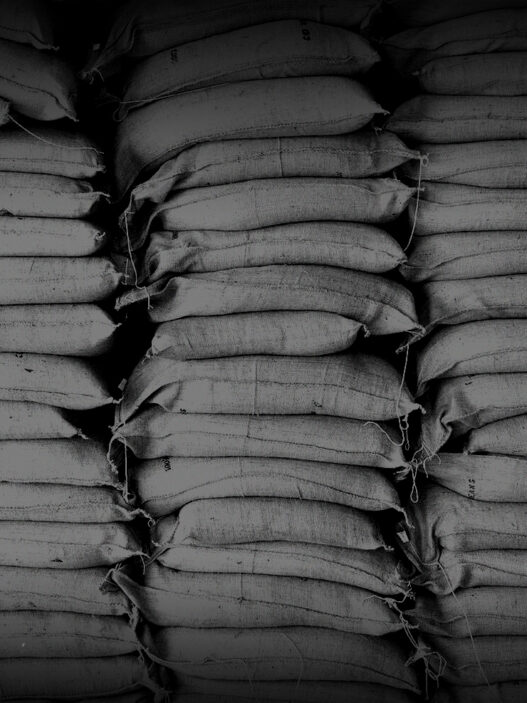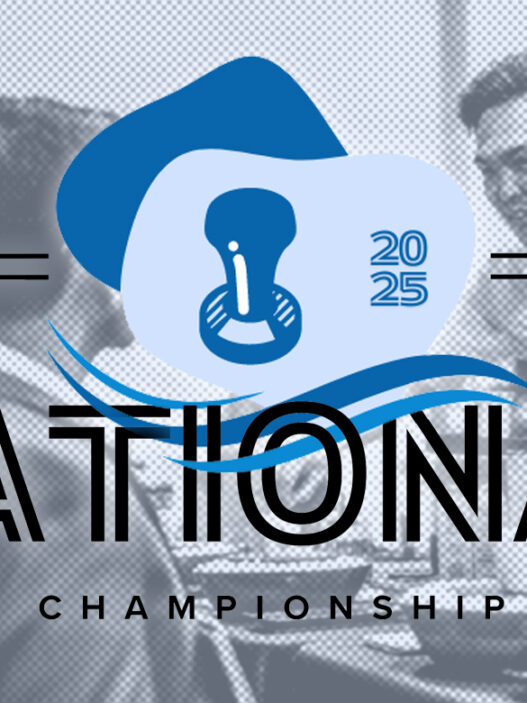On Tuesday, thousands of members of the International Longshoremen’s Alliance went on strike, bringing a hall import and export of goods at ports along the East Coast all the way down to the Gulf. The ILA is currently negotiating new contracts with the U.S. Maritime Alliance, seeking higher wages commensurate with the record-high profits as well as protection against automation. The potential impact of the strike was immense, costing as much as $5 billion per day.
Already, coffee traders in America were feeling the squeeze, with hundreds of containers caught in limbo at port. But last night, in the wee hours, an agreement was reached, putting a halt to the strike, avoiding an economic crisis. For now at least.
As reported by Reuters, the tentative deals see wages for dockworkers increase by 62% over the course of six years. Union represented have called for an immediate end to the strike until January 15th, allowing more time for both sides to negotiate outstanding issues in the contract.
The strike was short, just three days total, but it delineated how imperative these workers’ roles are in the economy. And the effect on the coffee industry in that small window succinctly shows that fact.
Coffee supplies in the United States were already at a “low historical level,” a problem that was only exacerbated by the strike. Without new containers coming in to replenish supply, prices for coffee currently being held in American warehouses already started to increase. some traders were no longer being “offering spot deals as they wait to see how the strike develops.”
“We have some 40 containers waiting to be moved,” stated one coffee trader before the tentative contract was reached. “The owners of the containers already told us they will charge additional fees if the boxes take longer than normal to be returned.”
But with the strike being called off, ports can begin to work through the three-day backlog with (hopefully) little interference to day-to-day transactions.
It was a shot over the bow, a glancing blow, but the strike proved an effective bargaining tool—and an ace in the hole as the January 15 deadline now looms large.
Zac Cadwalader is the managing editor at Sprudge Media Network and a staff writer based in Dallas. Read more Zac Cadwalader on Sprudge.






























